

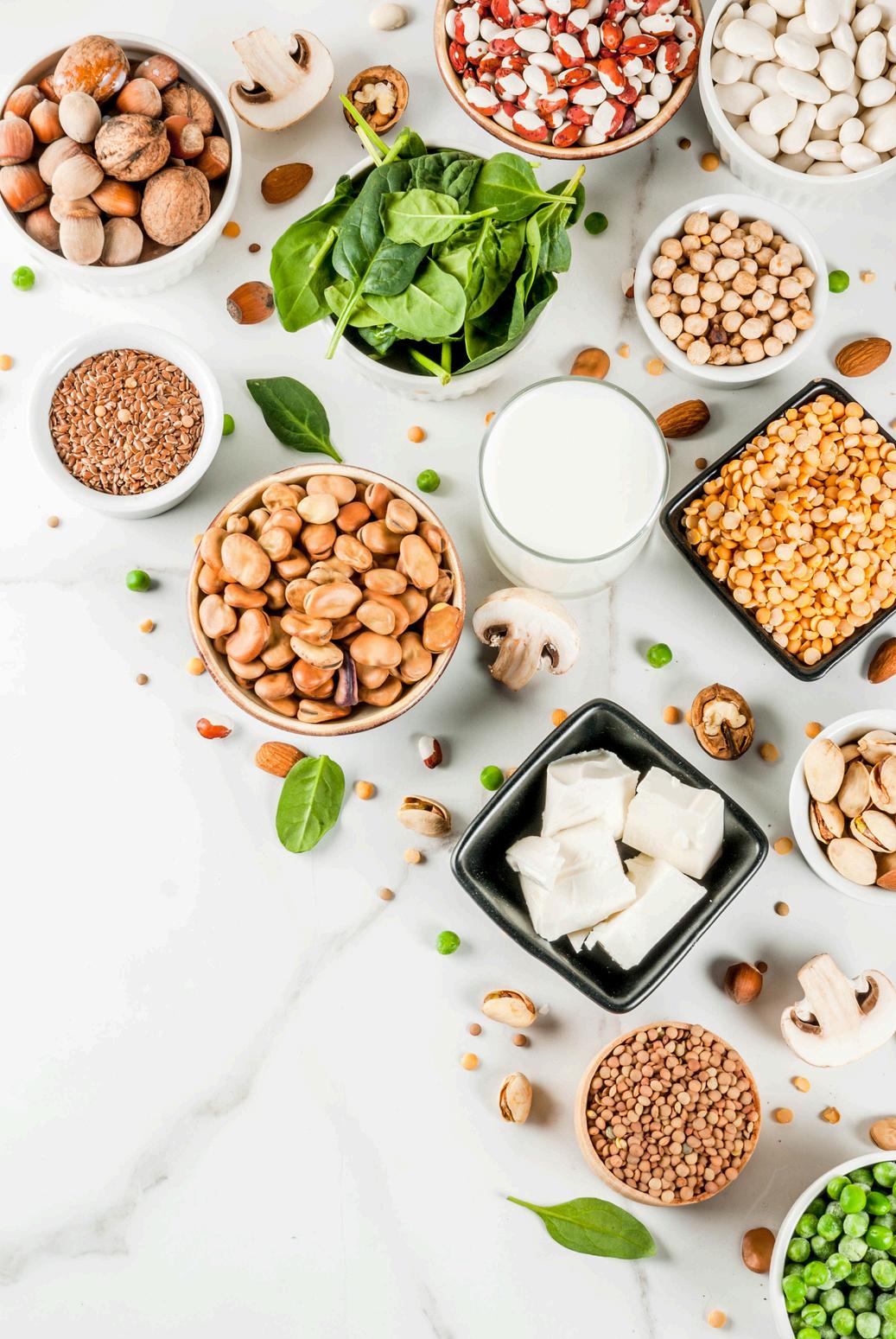
Table of Contents
1. What Is Protein?
2. How Much Protein Do I Need?
3. Food Sources of Protein
4. Add More Protein
5. Protein-Packed Breakfasts
6. Protein-Packed Lunches & Dinners
7. Protein-Packed Snacks
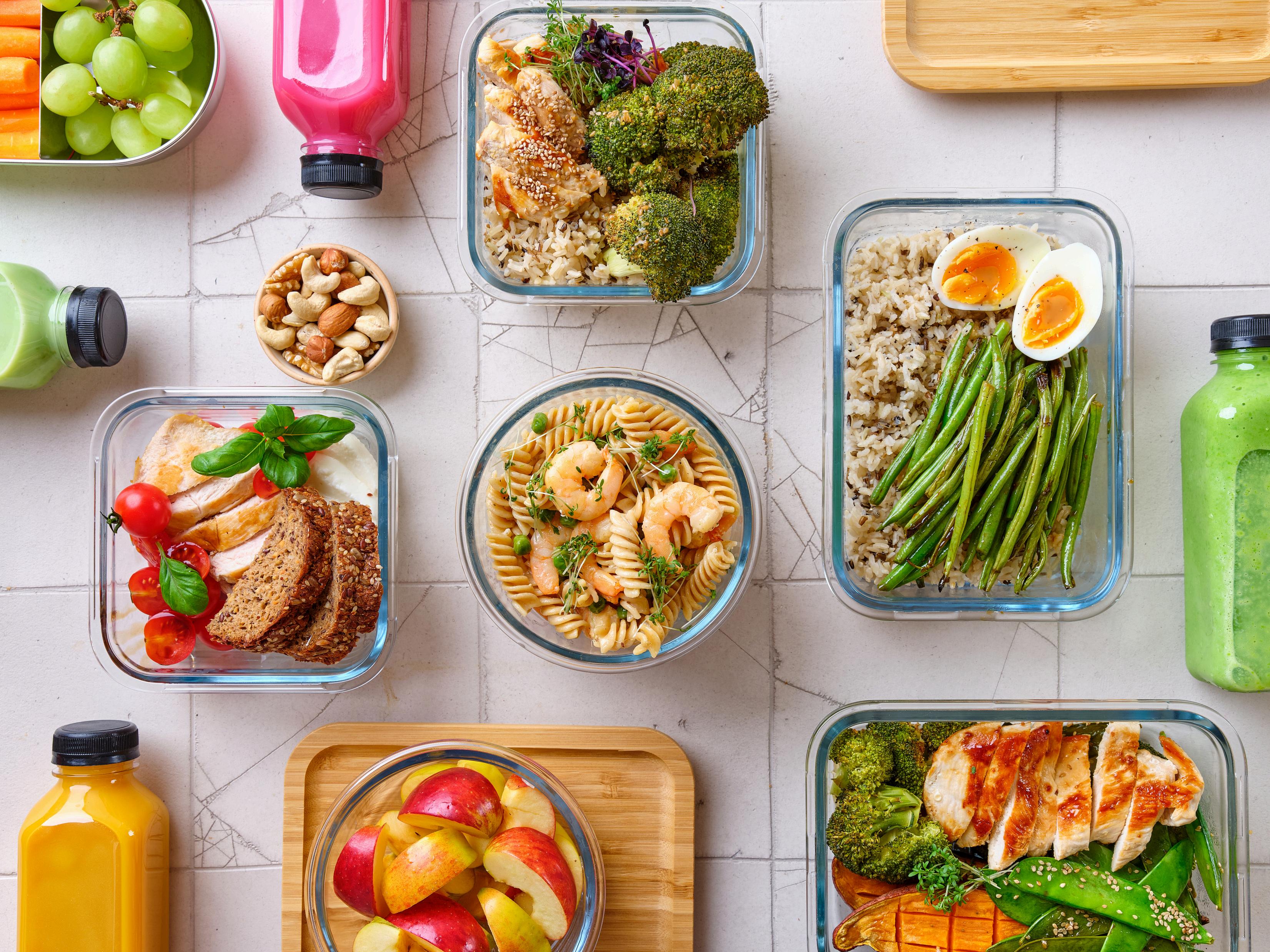




1. What Is Protein?
2. How Much Protein Do I Need?
3. Food Sources of Protein
4. Add More Protein
5. Protein-Packed Breakfasts
6. Protein-Packed Lunches & Dinners
7. Protein-Packed Snacks

Protein comes from many foods including meat, dairy, fish, eggs, legumes, nuts and seeds. The body uses protein to build and repair tissues, such as muscles, skin, and organs.

Getting enough protein can help your body to:
Maintain your muscle mass and strength
Build a healthy immune system and fight infections
Recover faster after getting sick
Everyone's protein needs are different. The amount of protein you need will depend on your health, activities, and body weight. Some health conditions can cause your body to need extra protein.
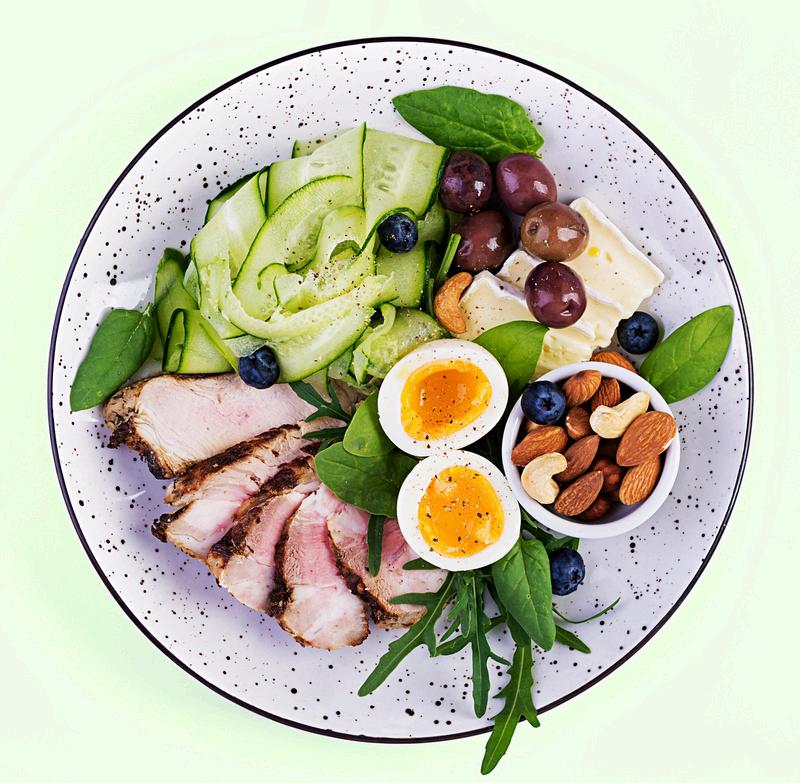

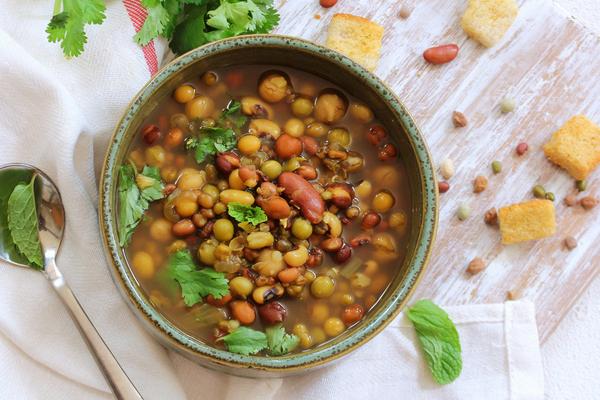

Have protein foods every time you eat. Try including a source of protein at every meal and snack to help you meet your needs.
Try protein-rich drinks. Protein-rich drinks can make it easier to get enough protein. Try milk, greek yogurt smoothies, kefir, or protein shakes.
Add yogurt to: smoothies, granola, fruit, desserts.
Add beans or lentils to: soups, stews, sauces, salads, congee, nachos.
Add tofu to: soups, stir fries, smoothies, desserts.
Add seed and nut butters to: toast, muffins, smoothies, fruit, hot cereal.
Add eggs to: salads, wraps, stir fries, or eat them hard boiled as a snack.
How Much Protein?
Your protein goal is grams of protein per day
1 Serving of Protein
1-3 oz cooked meat, fish, tofu
1-2 egg(s)
1/2 cup beans, lentils
1 cup milk or yogurt
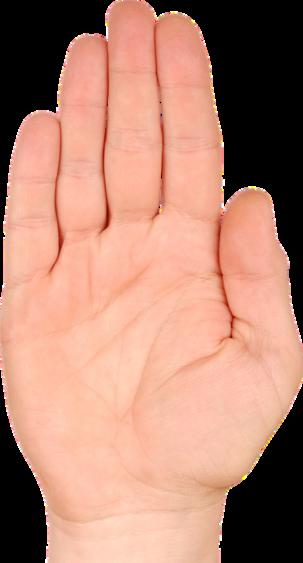
About the size of your palm
of servings per meal: # of servings per day:
Food Sources of Protein
Plant-Based Sources

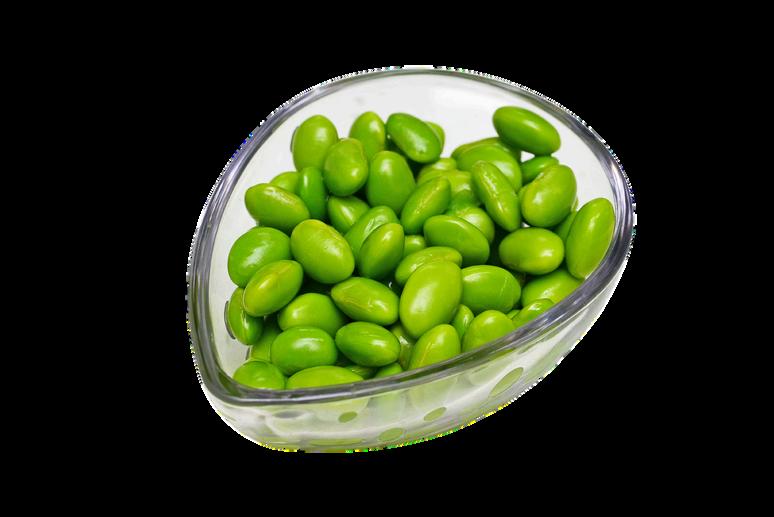
Animal-Based Sources
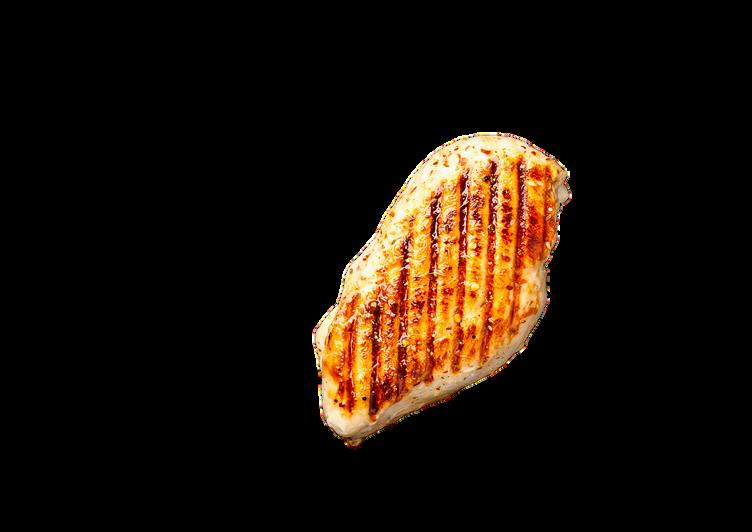


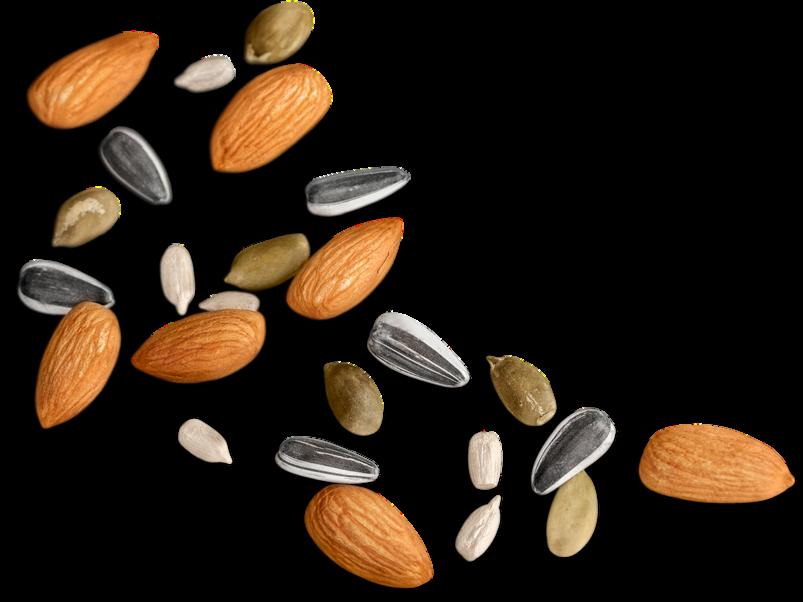
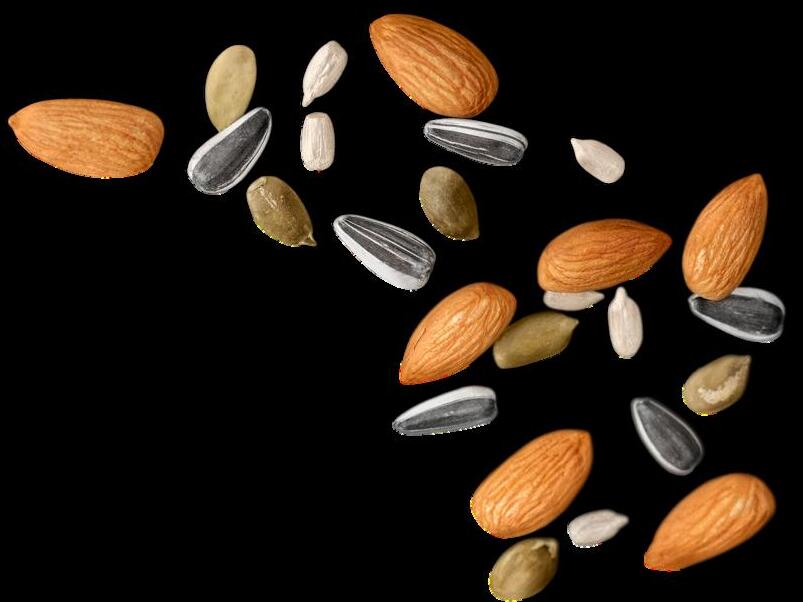
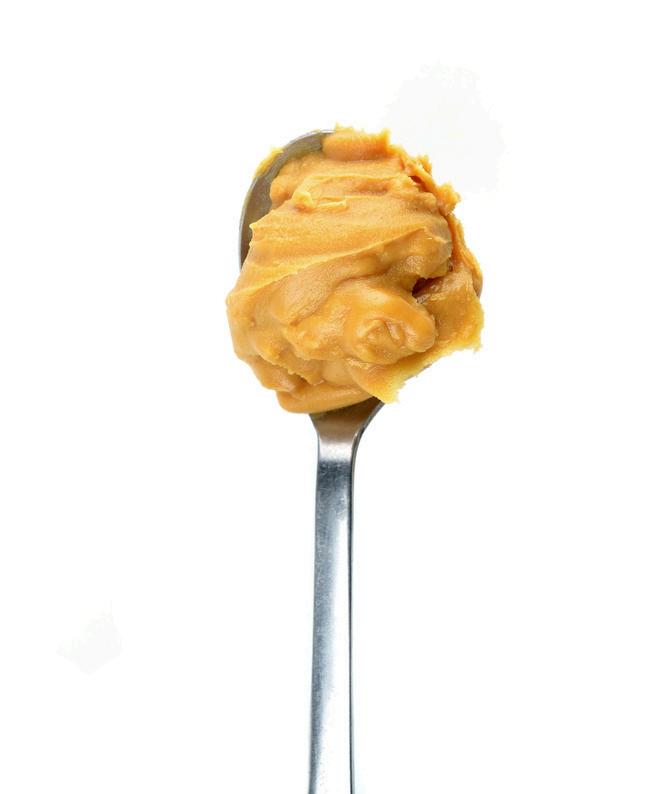

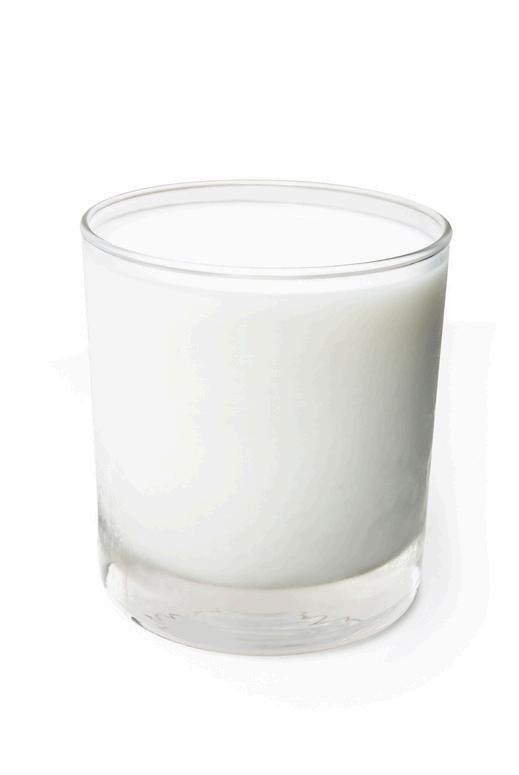
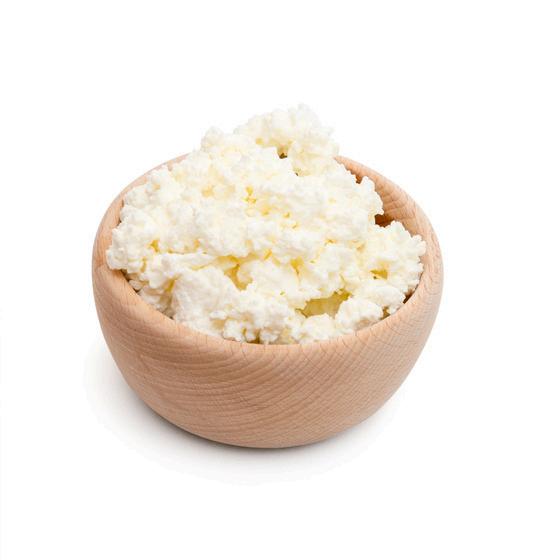



Try these foods with protein, listed from highest to lowest protein (per weight), so you can see which options pack the most protein in each bite.

20 g in 2.5 oz
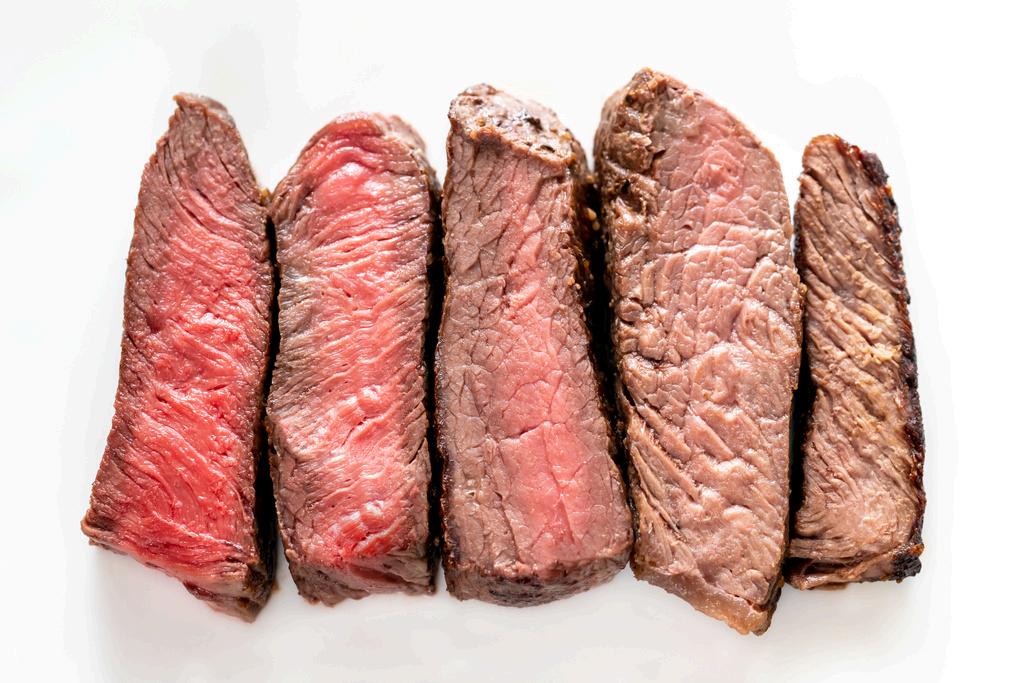
Beef &
20 g in 2.5 oz
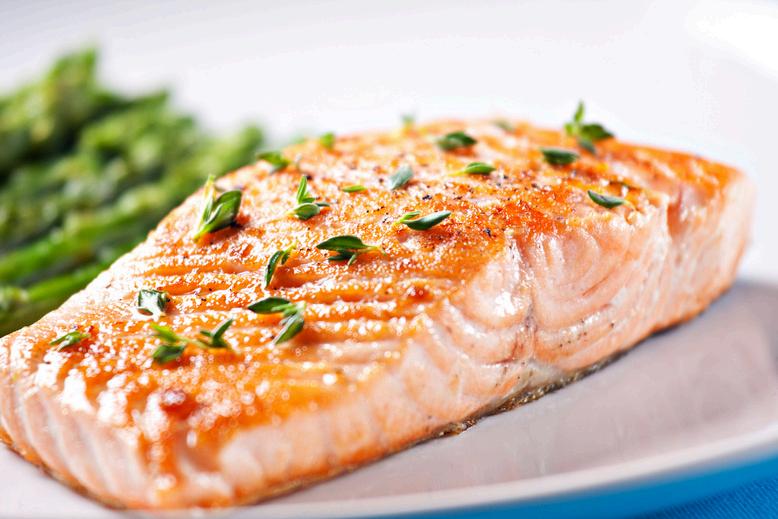

Cottage

Legume Pasta
13 g in 2 oz
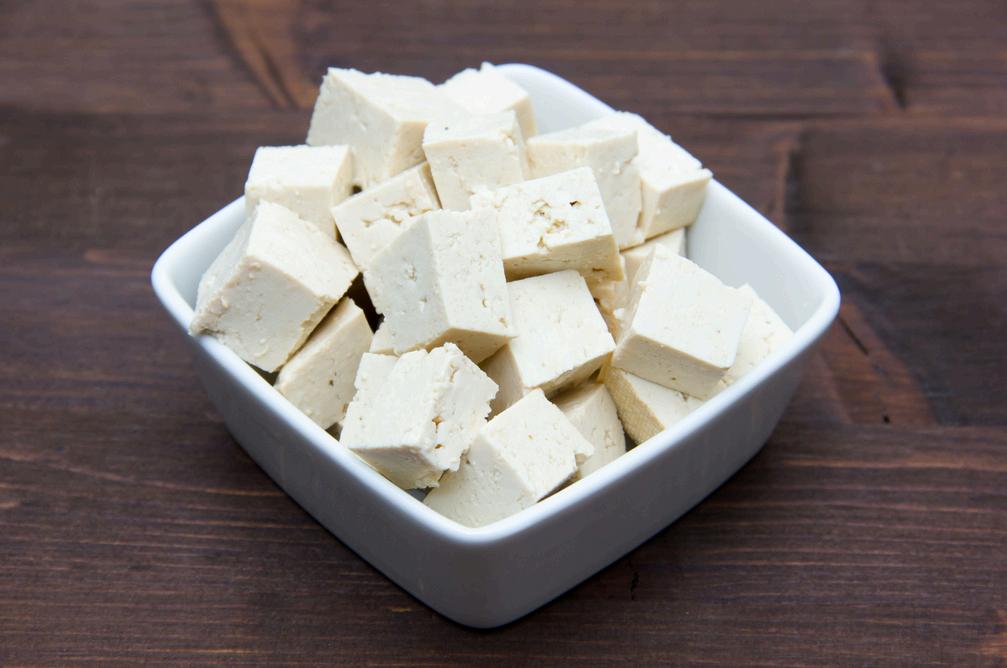

Yogurt (0%)
6 g in 1/2 cup
g in 2.5 oz

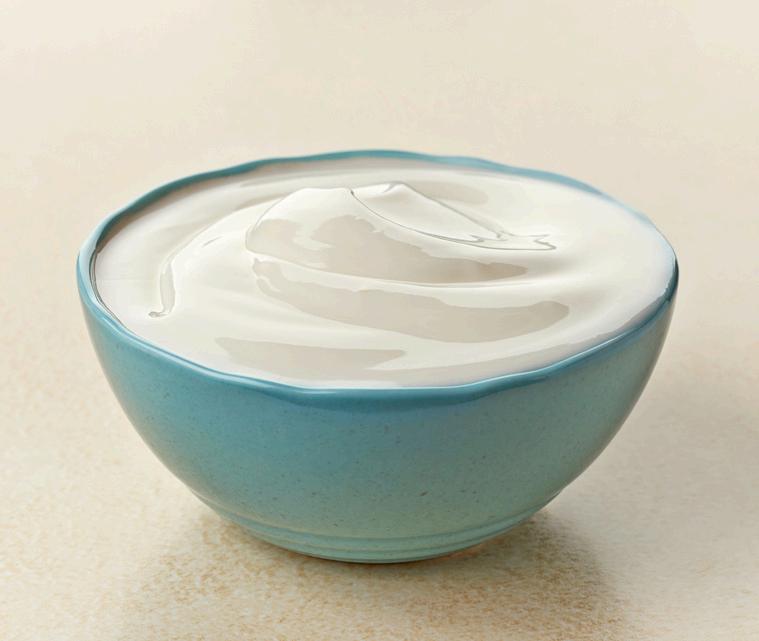
Greek
12 g in 1/2 cup

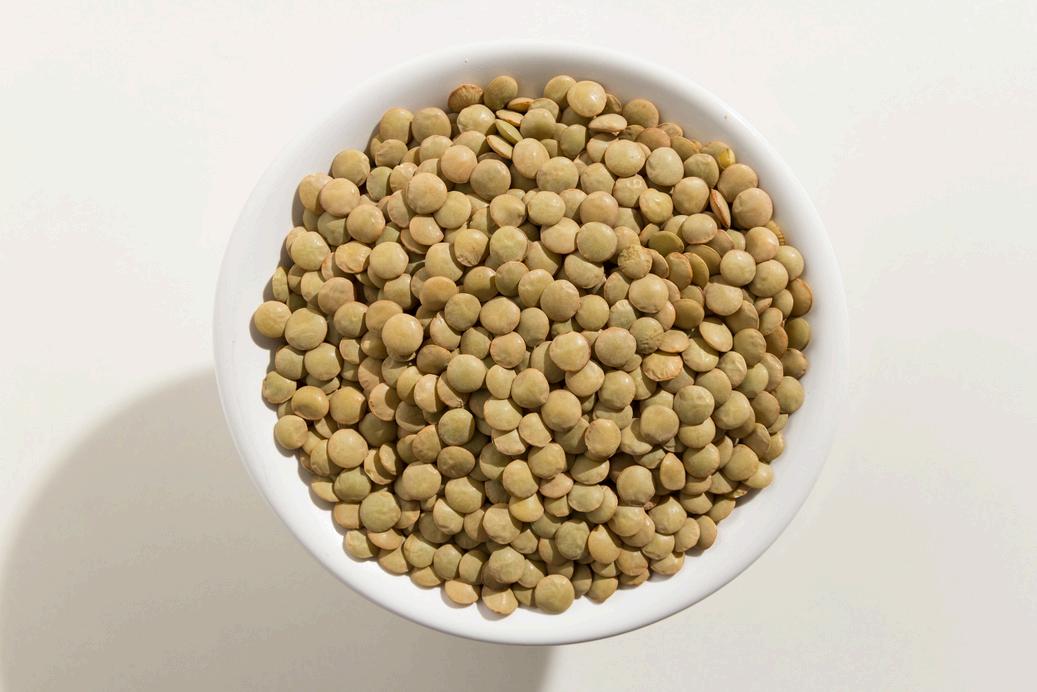
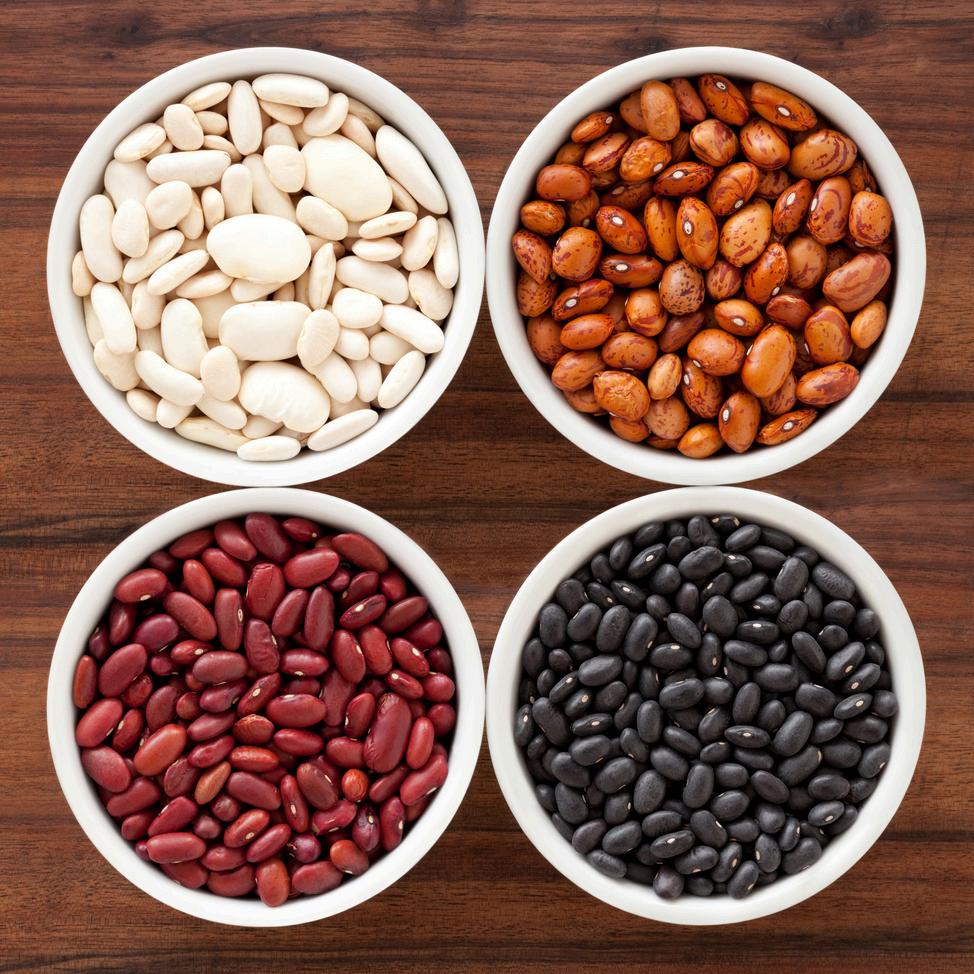
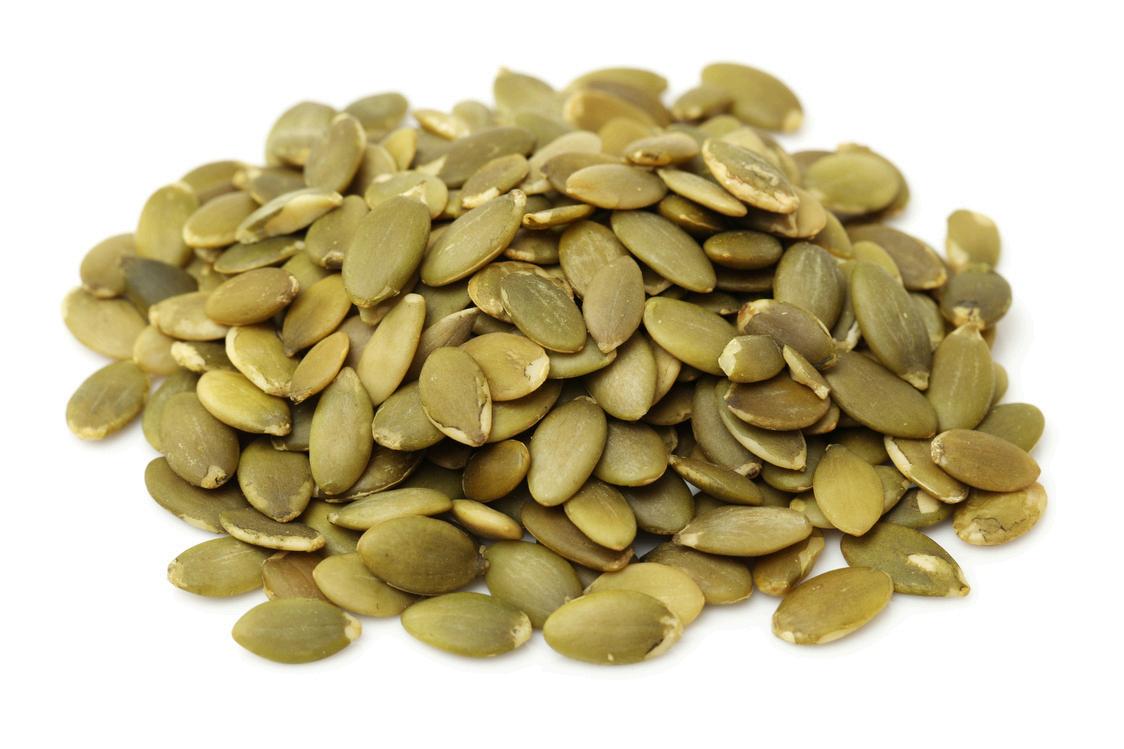
8 g in 1/4 cup
Firm Tofu 10 g in 1/2 cup Beans
8 g in 1/2 cup

Pasta 7 g in 2 oz (dry)

8 g in 2 tbsp
6 g in 1/4 cup Hemp Hearts 9.5 g in 3 tbsp
g in 1/2 cup Edamame 9 g in 1/2 cup
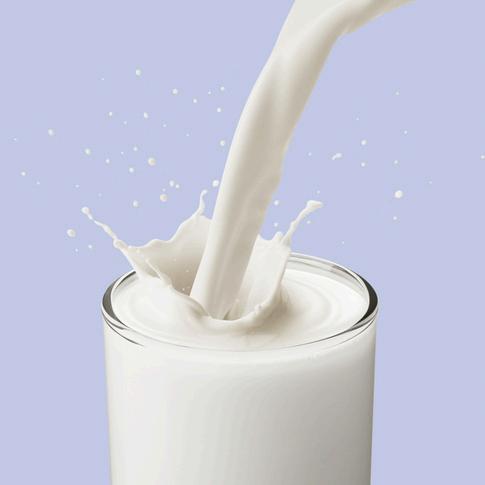
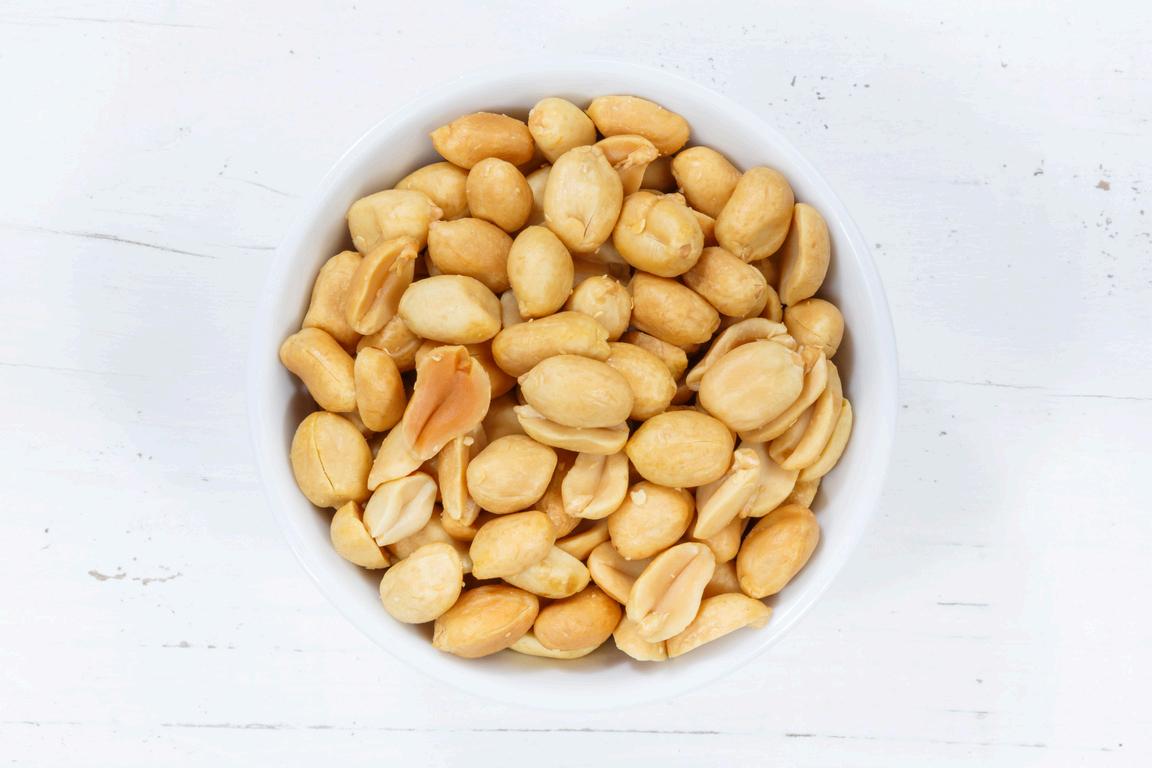
g in 1 cup Cheese
g in 1 oz
9 g in 1/2 cup
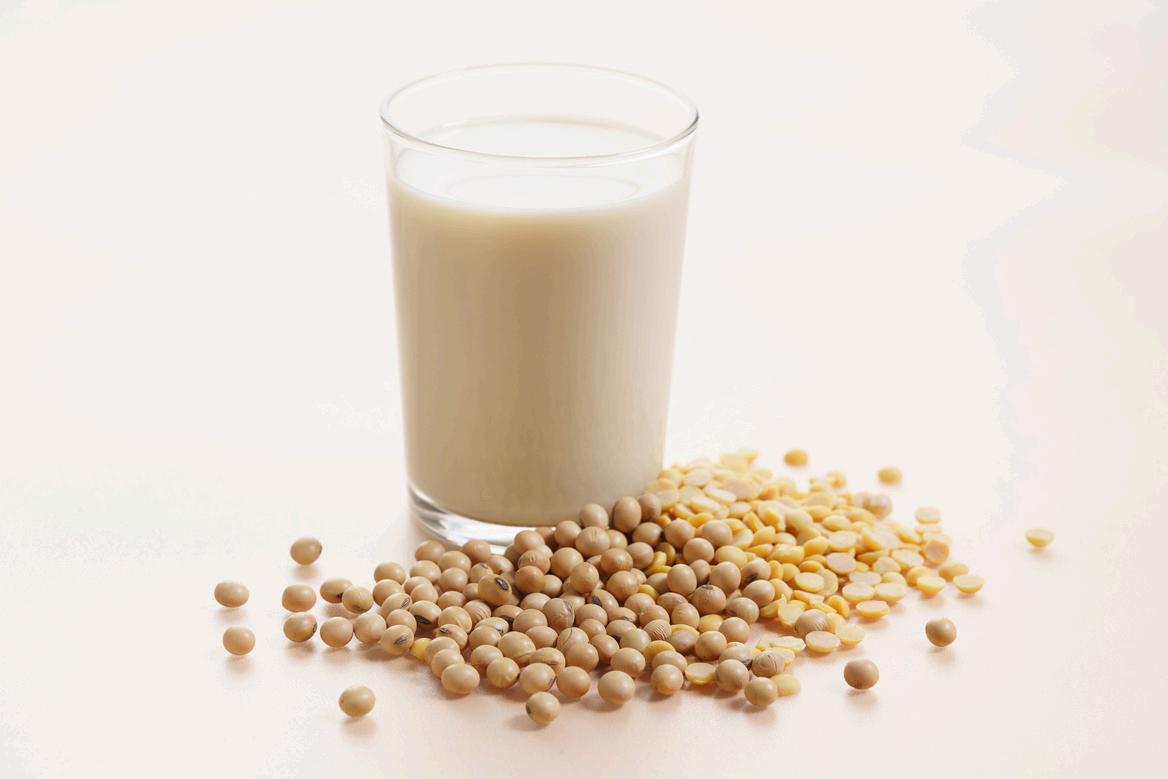
8 g in 1 cup
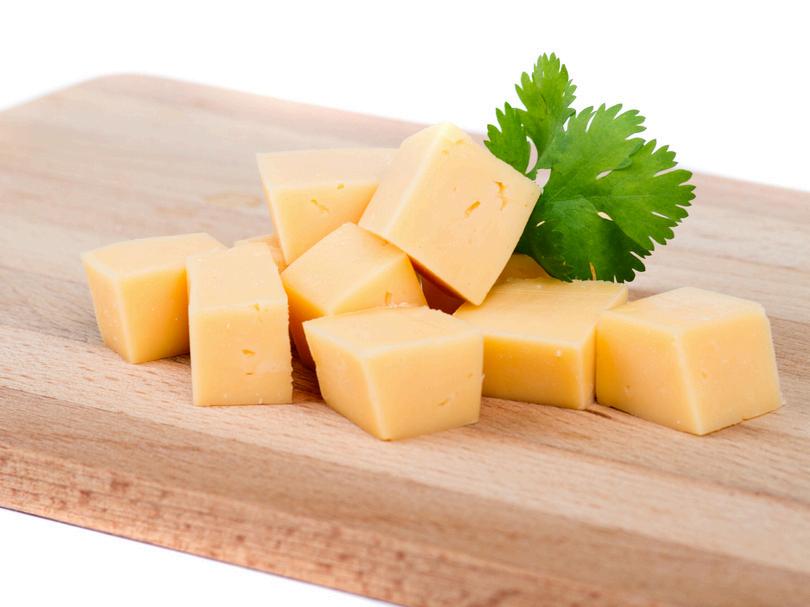

Eggs
6 g in 1 large Lentils

Adding protein to meals and snacks can help you feel satisfied and meet your daily needs. Try these tips to add more protein to your meals and snacks.

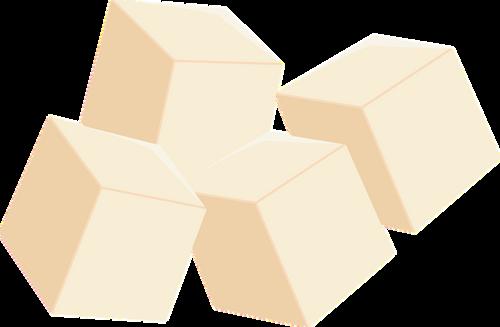
Add beans or lentils to: soups, stews, salads, pasta, nachos, sauces, or congee.
Add tofu to: stir-fries, soups, smoothies, or desserts.
Add Greek yogurt or cottage cheese to: smoothies, granola, fruit, desserts, or use as a baking ingredient.
Add nuts & seeds to: oatmeal, yogurt, smoothies, salads, or grain bowls.
Add nut or seed butters to: toast, muffins, fruit, smoothies, or oatmeal. Add eggs to: salads, wraps, stir-fries, or eat them hard-boiled as a snack.
Add chicken, turkey or fish to: pasta, rice dishes, or salads.
Protein powders (whey, soy, pea, skim milk powder, etc.) can boost protein in meals and snacks. For a smoother texture, mix protein powder with a small amount of liquid first to form a paste before adding it to your food or drink. Mix protein powder into:
Drinks: milk, coffee, water, smoothies, milkshakes, nutrition supplements.
Sweets: pudding, custard, applesauce, ice cream, jello, baked goods.
Breakfast: oatmeal, eggs, cream of wheat, applesauce, muffins, pancakes
Spreads: nut butters, margarine, sour cream, mayonnaise, cream cheese.
Soups: broths, noodle soups, cream soups.
Sauces: peanut sauce, alfredo sauce, rose sauce, bolognese sauce.
Salty foods: mashed potatoes, stews, salad fillings, pasta salad, scrambled eggs/ omelettes, risotto, congee, daal.
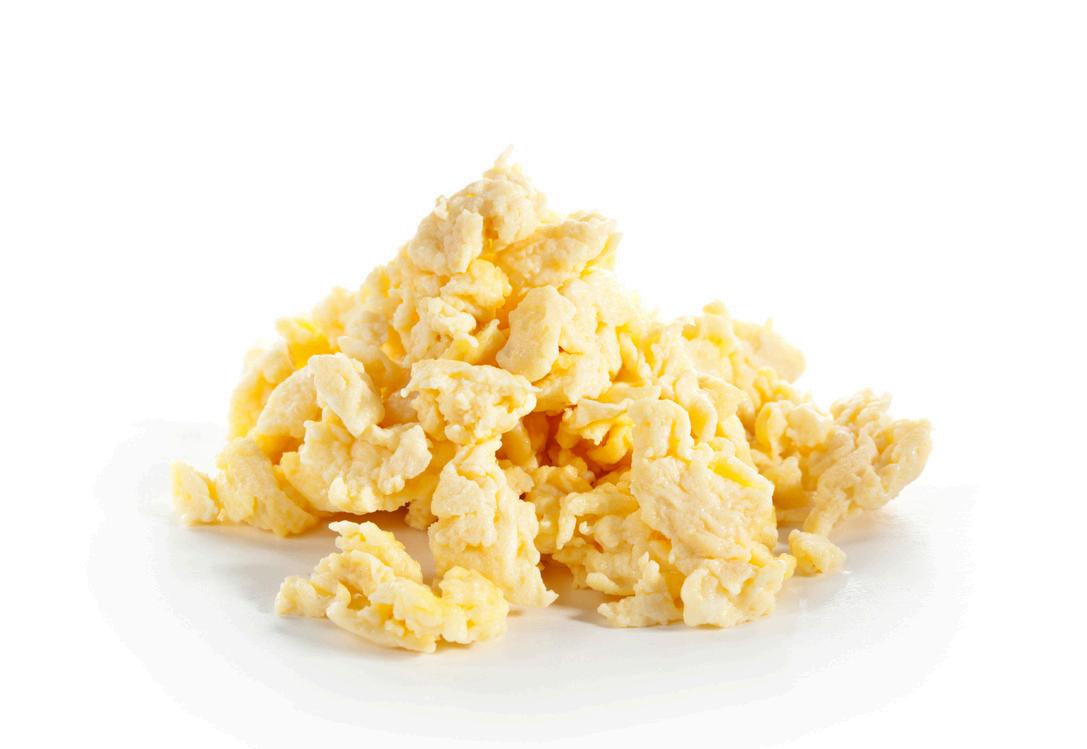
Scrambled Eggs
2 large ~ 12 g protein


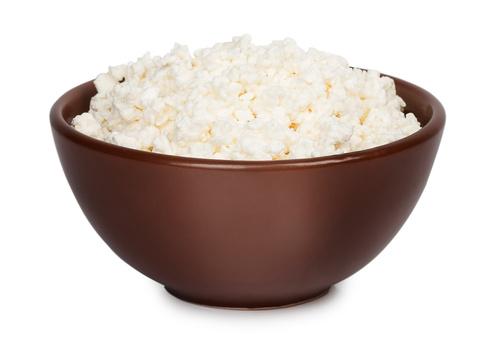
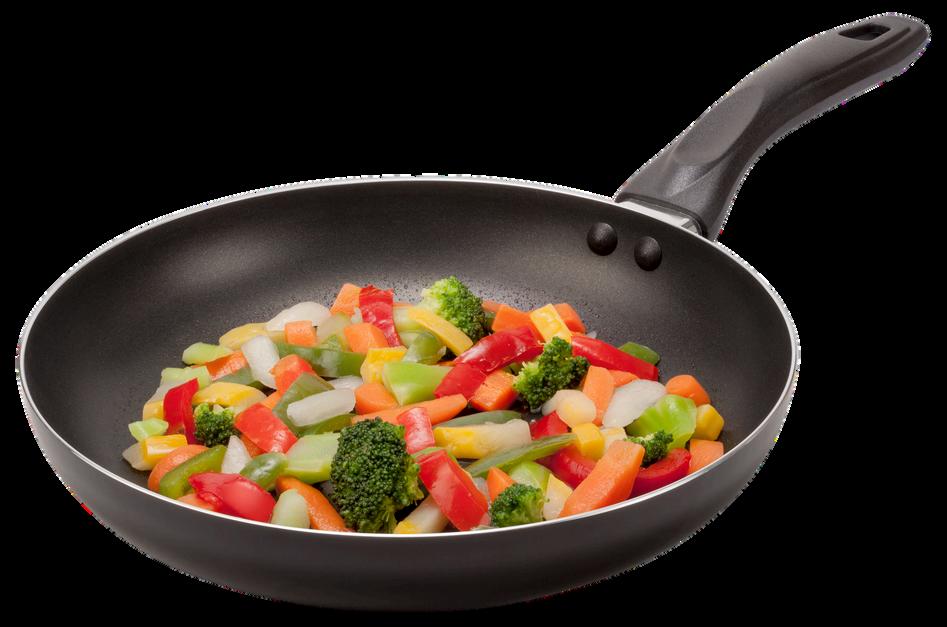


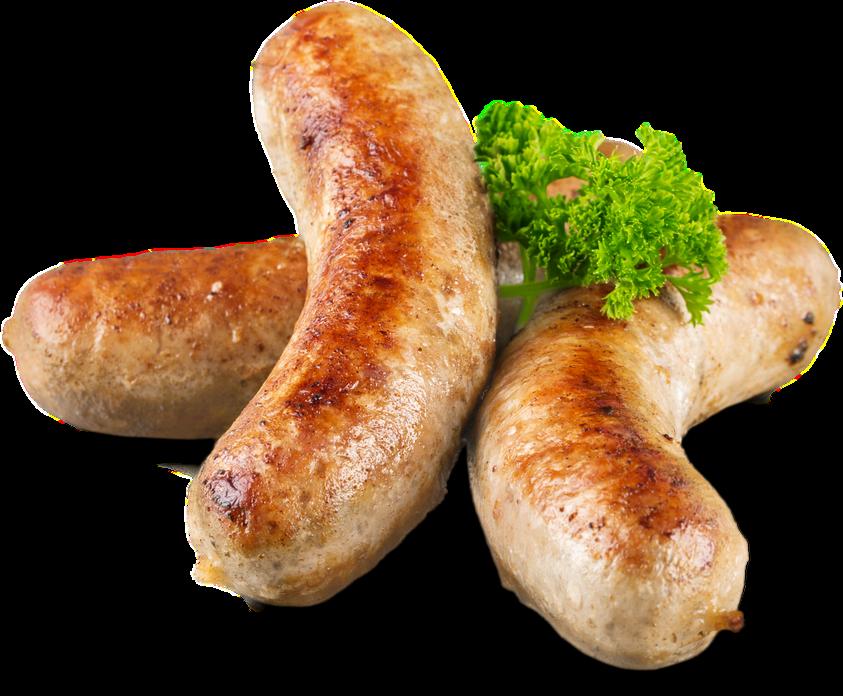


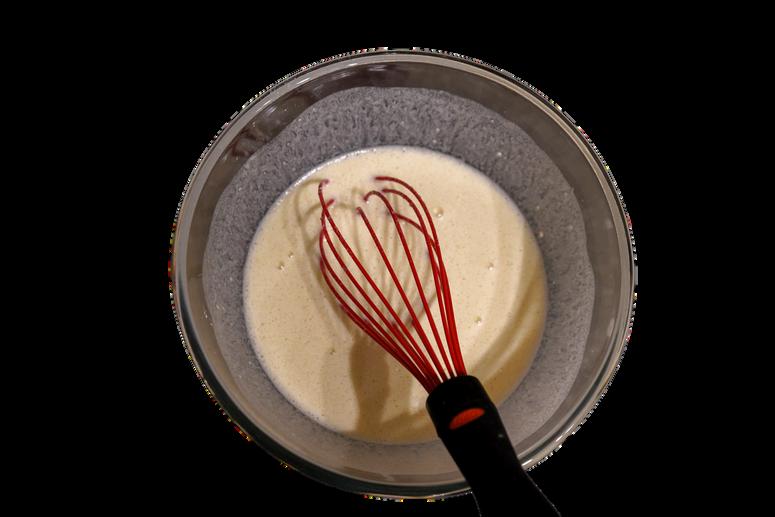



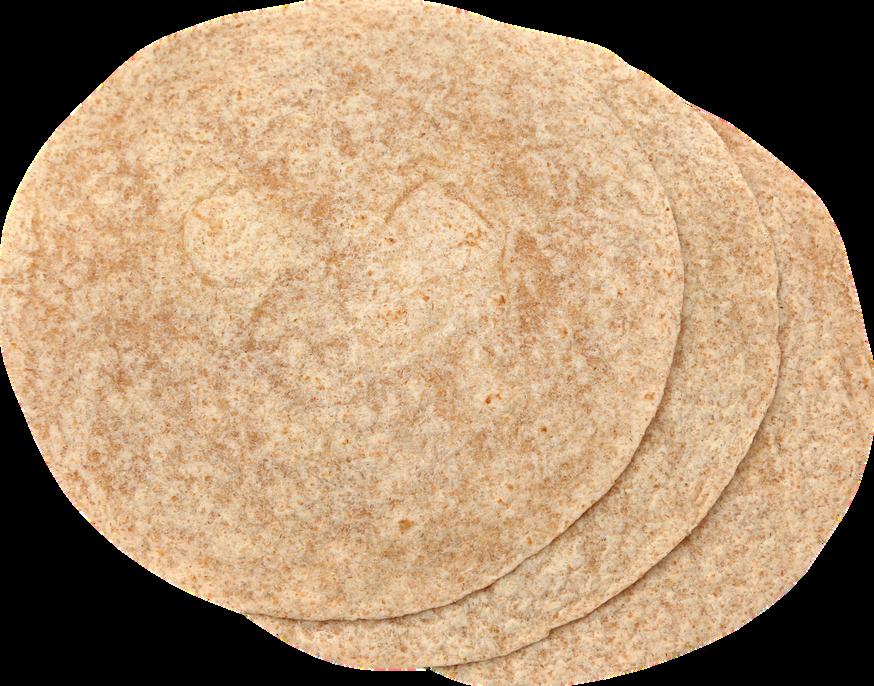
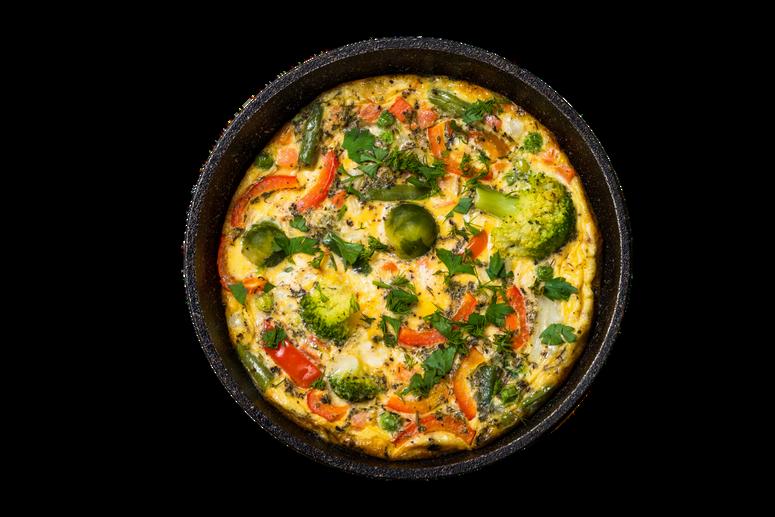






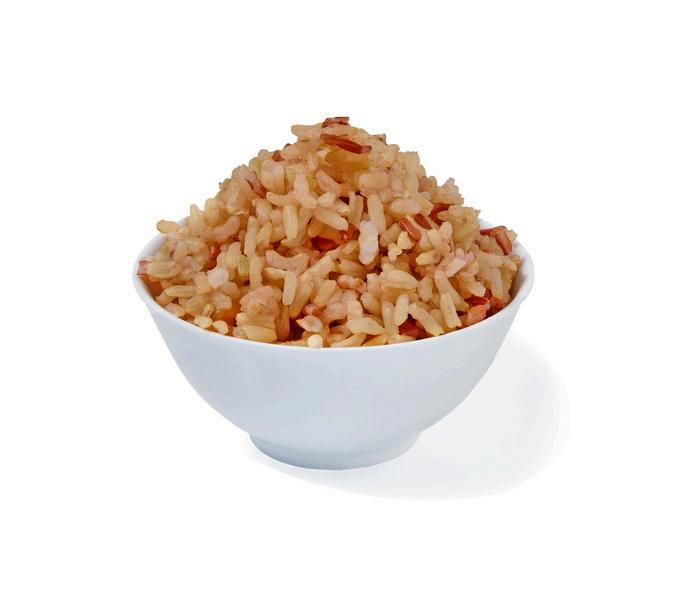


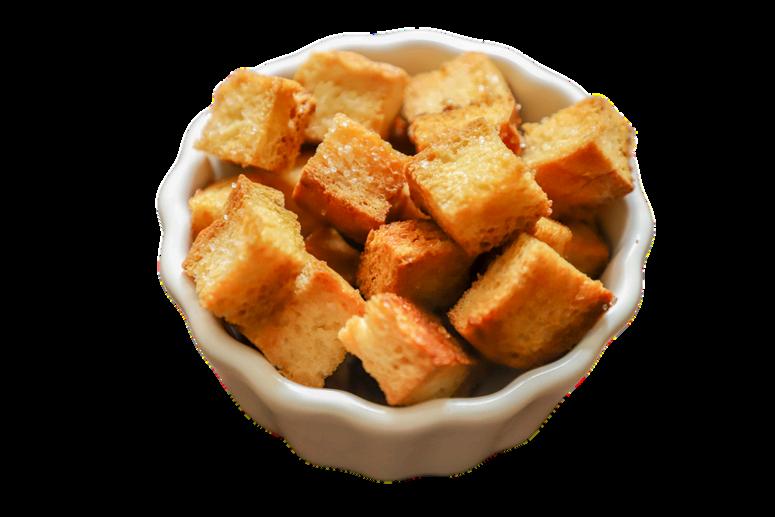
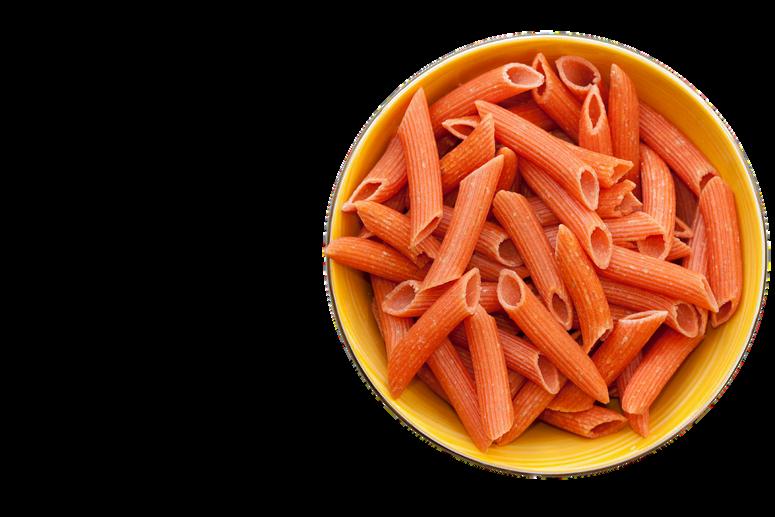



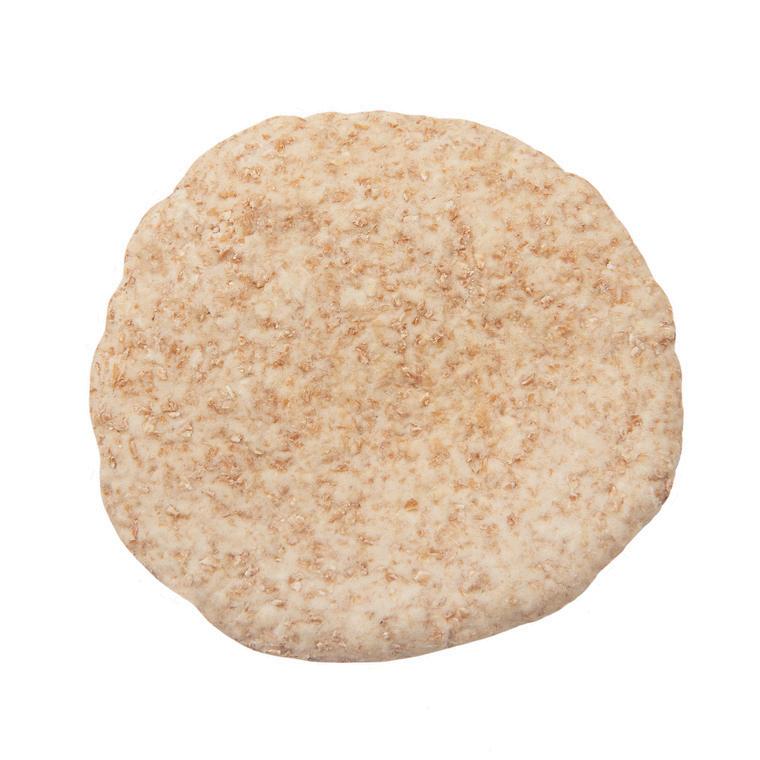
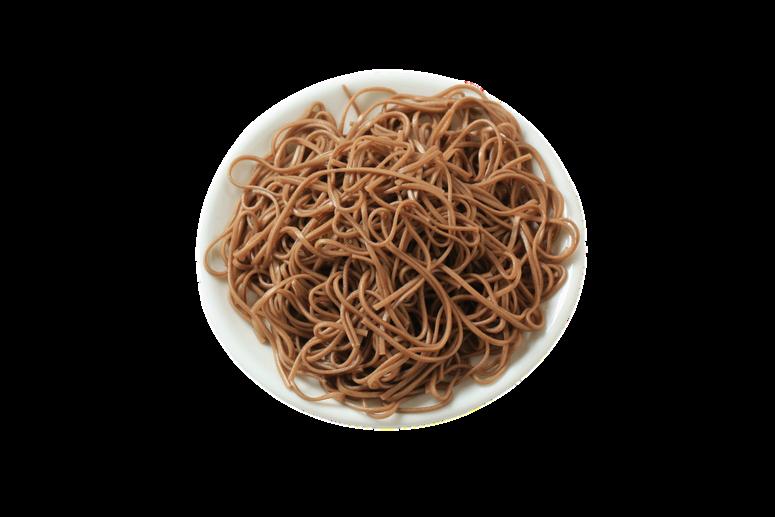
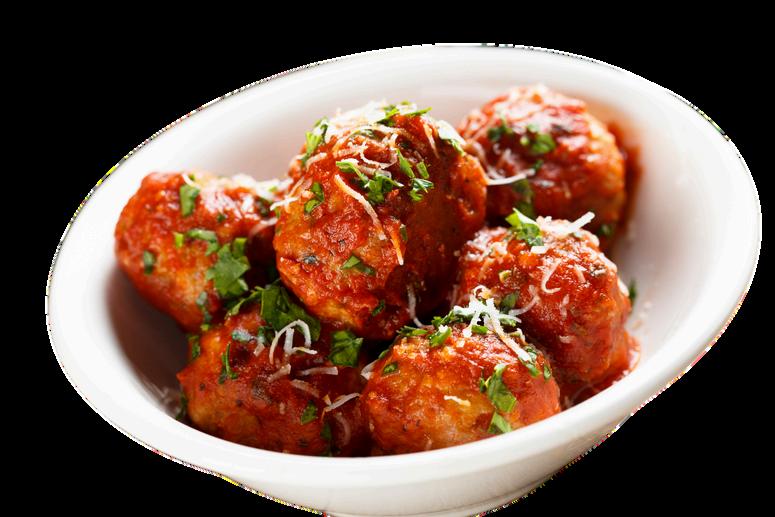


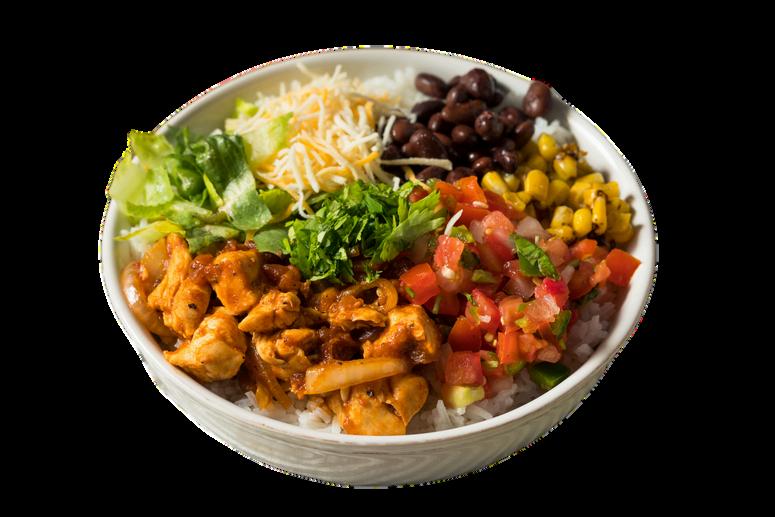

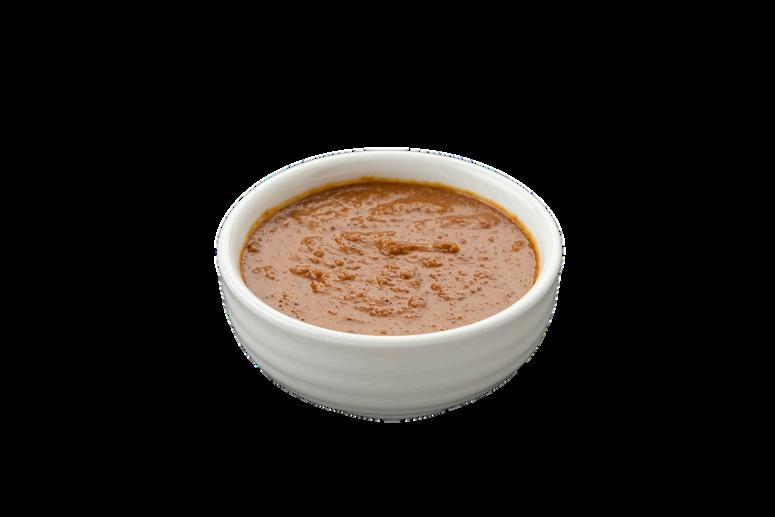
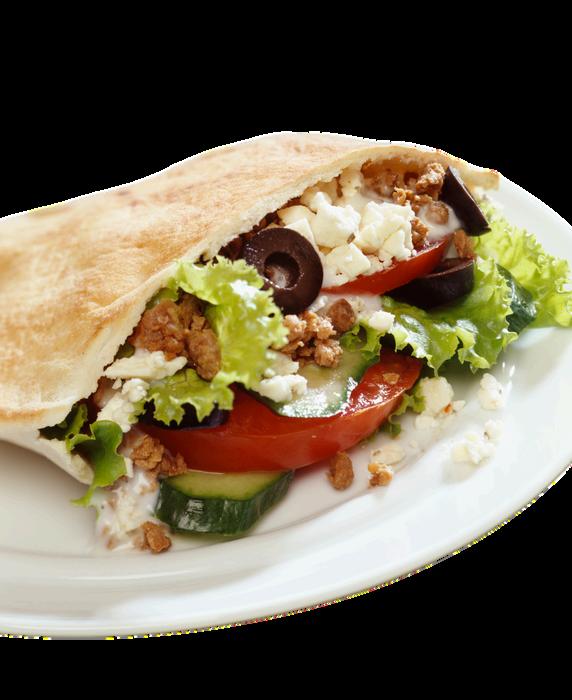
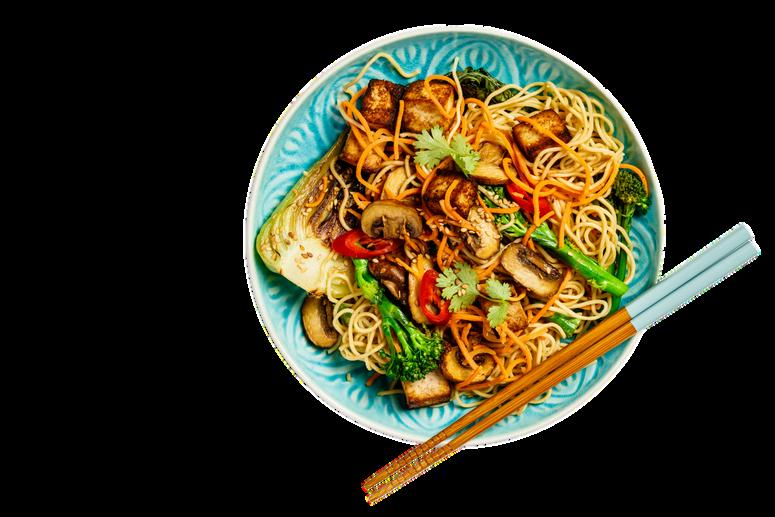

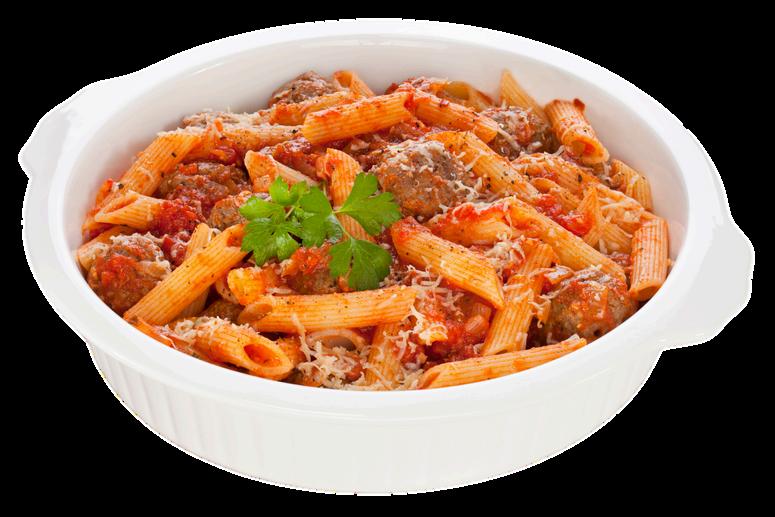
Choosing snacks with at least 5 g of protein helps curb hunger between meals and prevents energy crash 15 g of protein.

Apple + Peanut Butter (1.5 Tbsp) 5 g protein
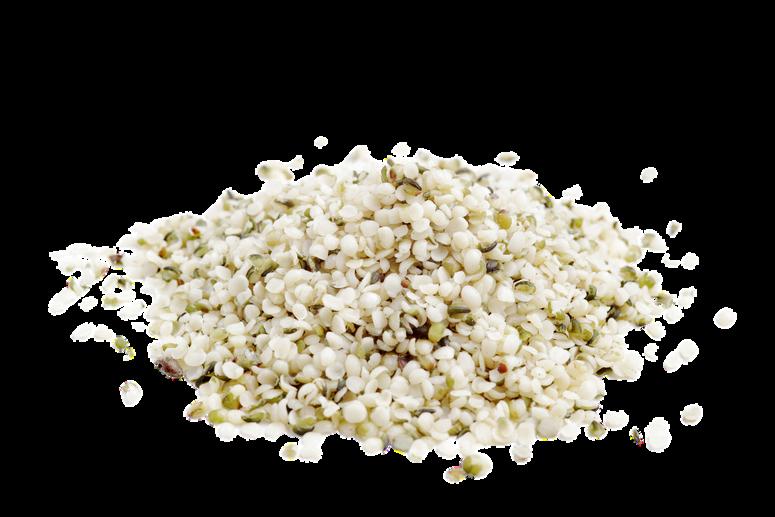
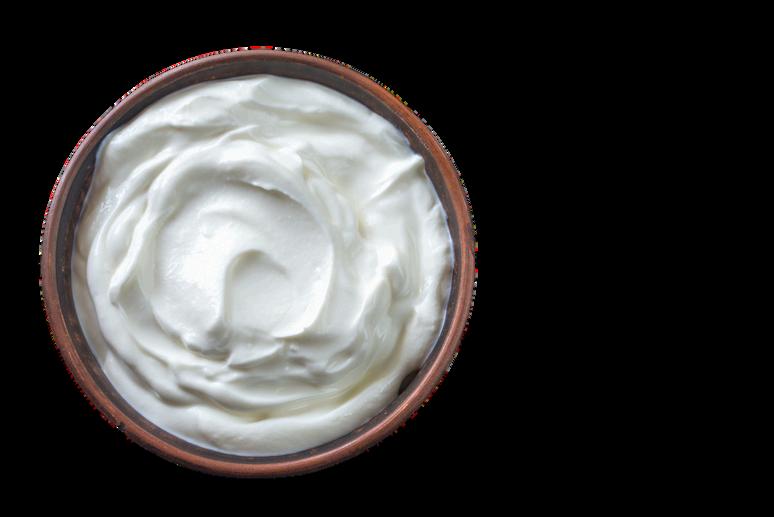
Greek Yogurt (½ cup) + Hemp Hearts (1 Tbsp) 15 g protein
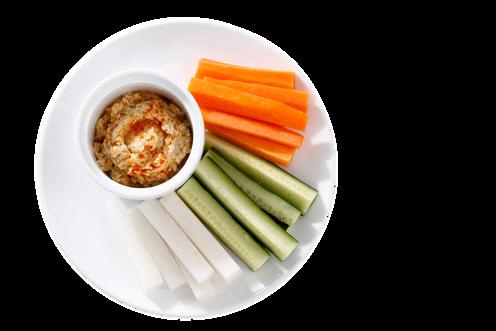
Hummus (¼ cup) + Raw Veggies (1 cup) 6 g protein
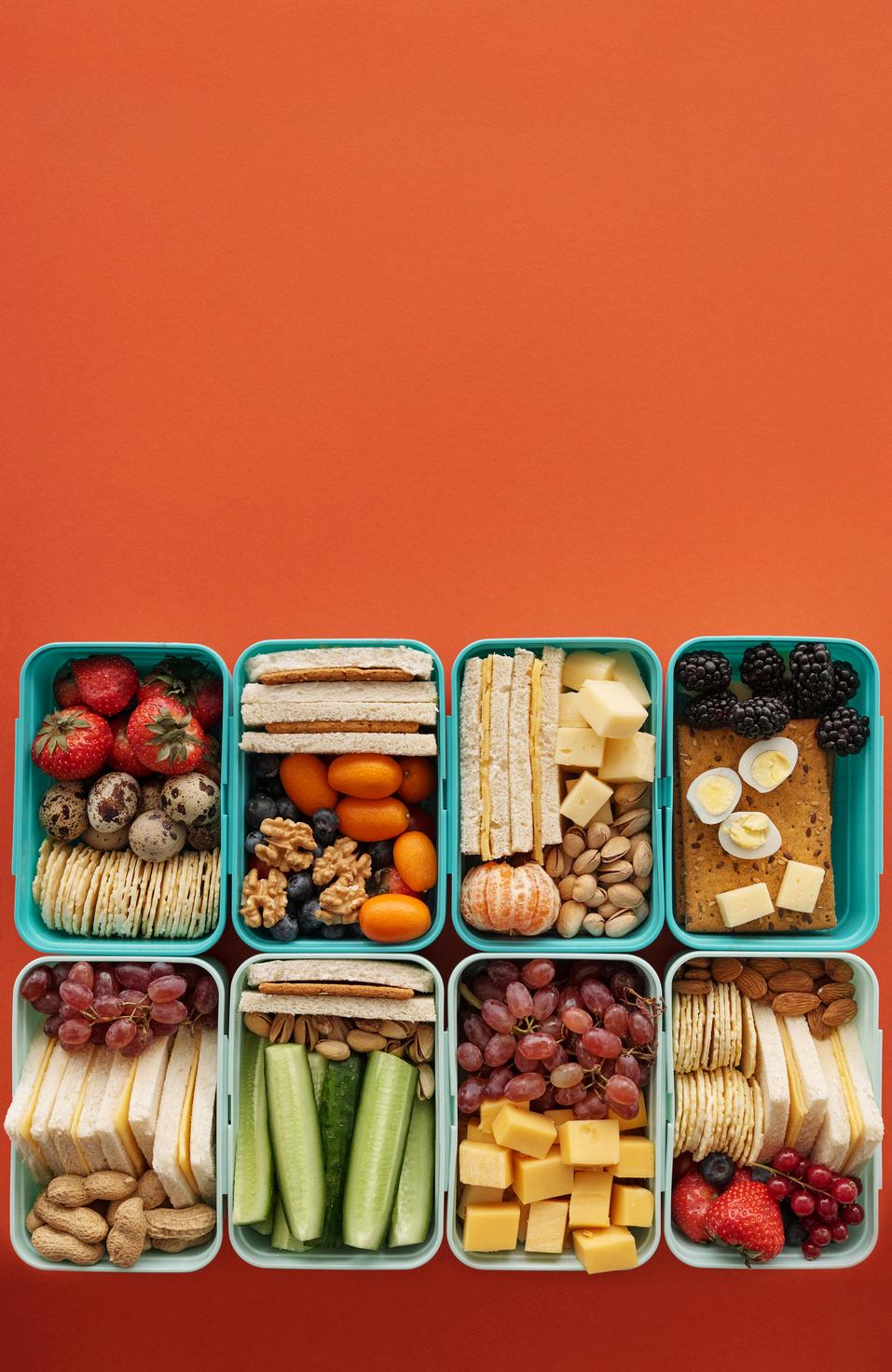
Cottage cheese (½ cup) + Berries (½ cup) 14 g protein



Cheese (1 oz) + Almonds (10) 10 g protein

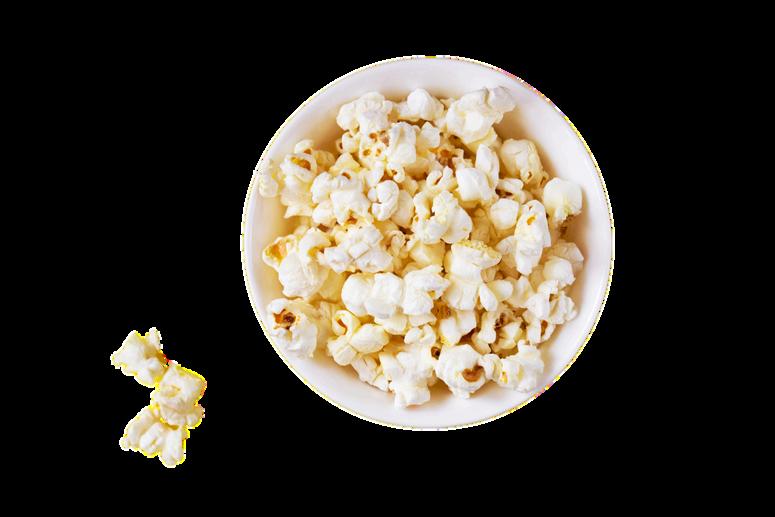
Pumpkin seeds (2 Tbsp) + Popcorn (2 cups) 6 g protein


Hard-boiled Egg + Whole Wheat Crackers (6) 9 g protein
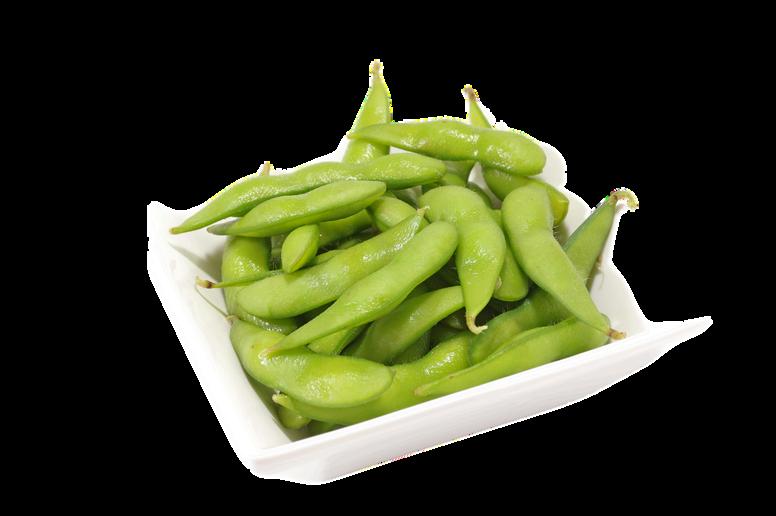
Steamed Edamame (½ cup) + Sea Salt 9 g protein
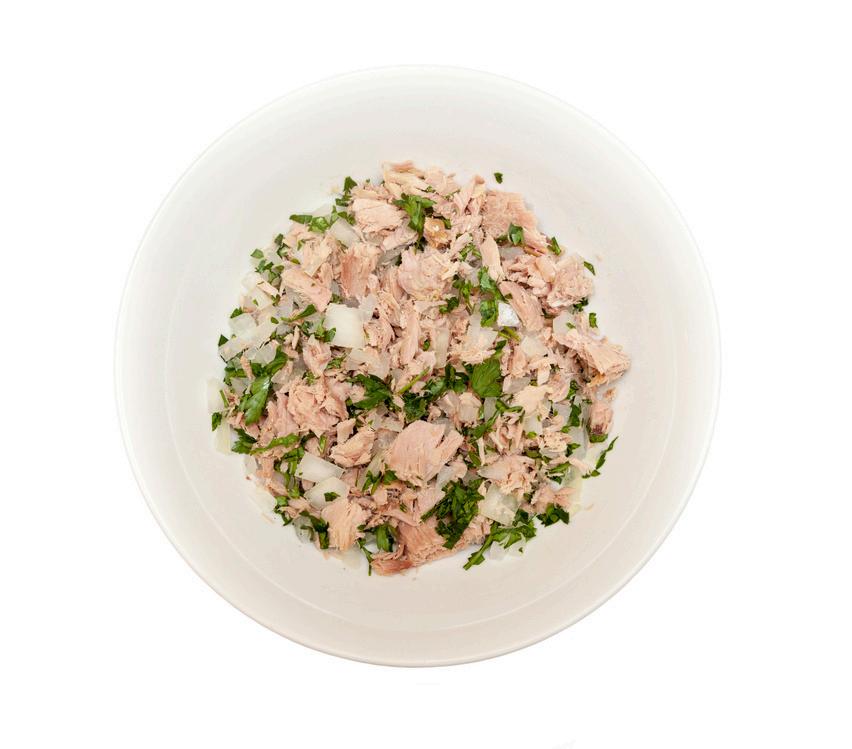
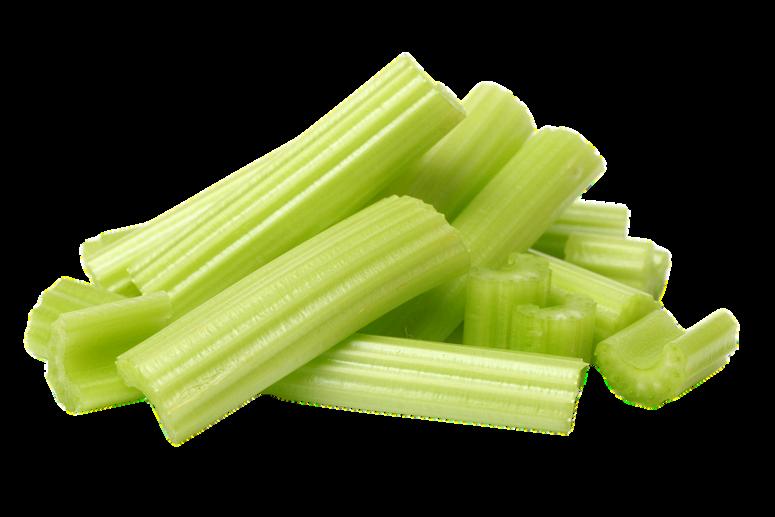
Canned Tuna (½ can) + Celery 13 g protein